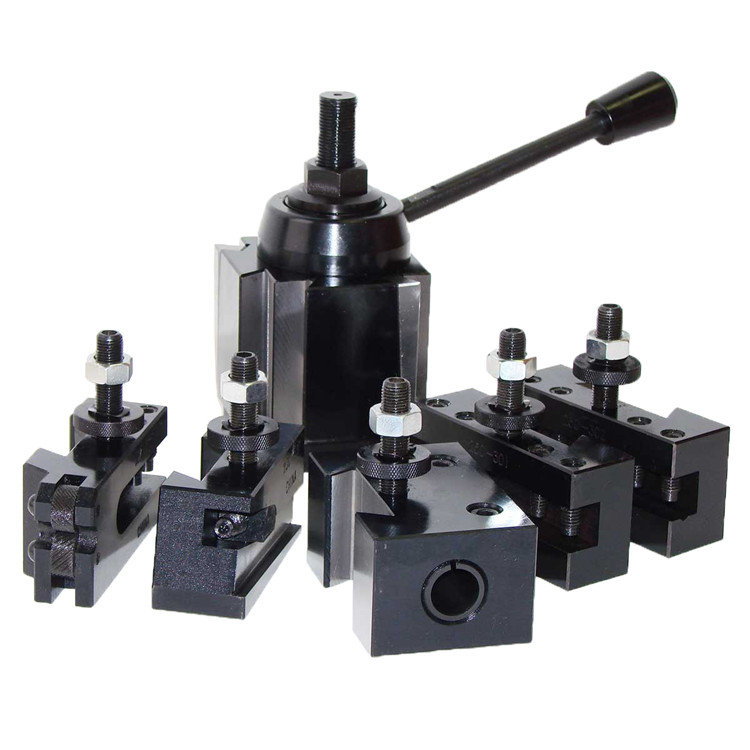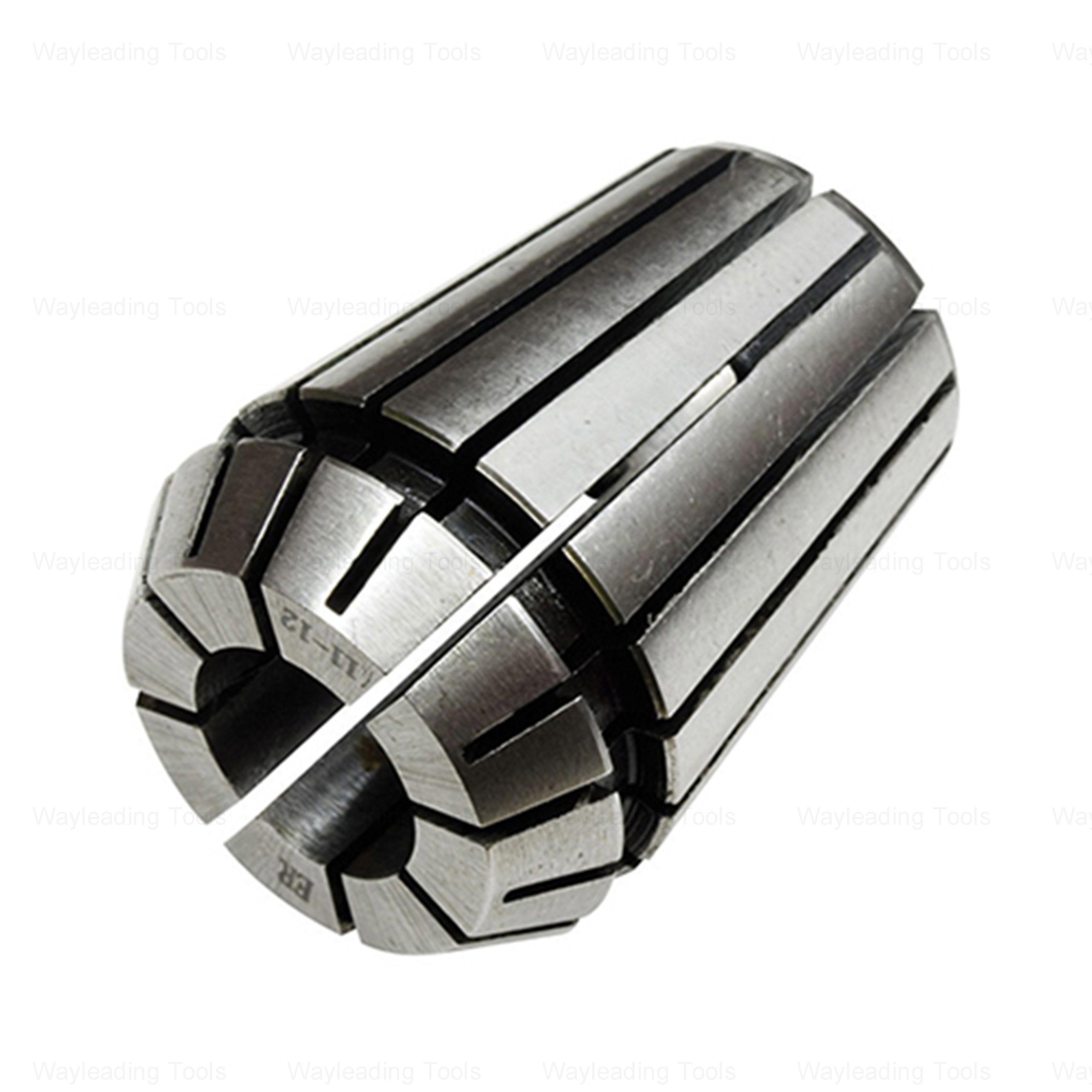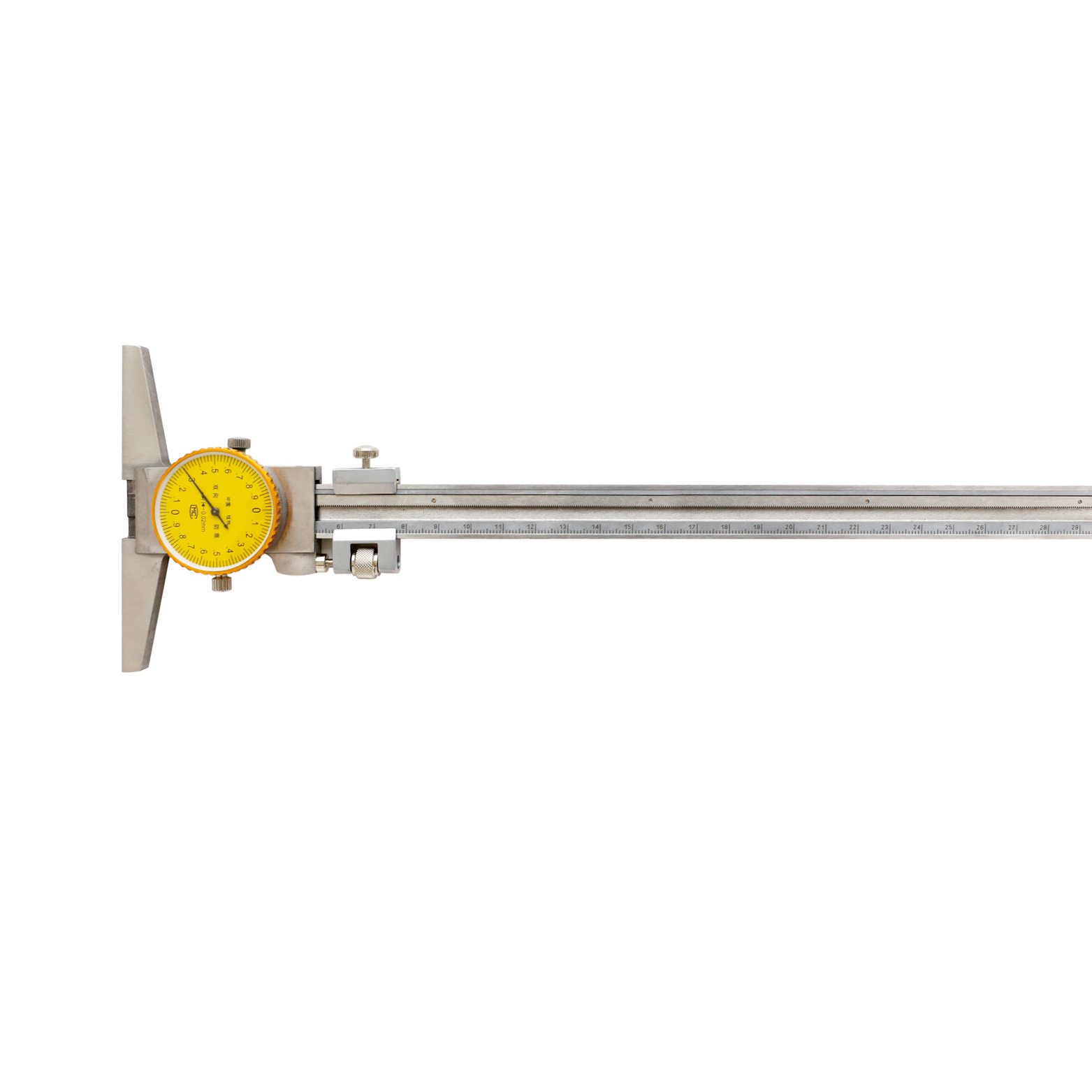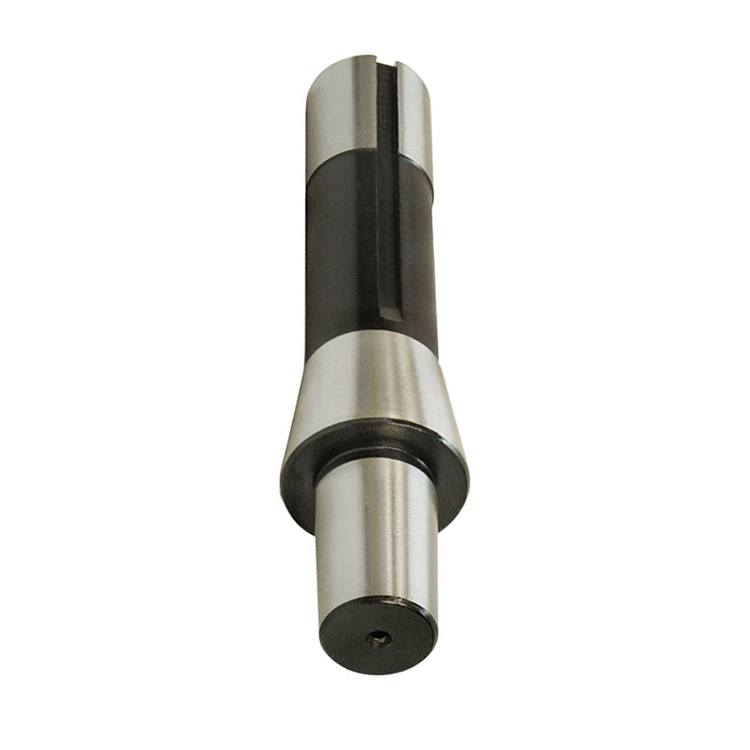height gauge Factories
Looking for reliable height gauge factories? This guide explores key considerations when selecting a manufacturer, including quality standards, customization options, and the importance of understanding different height gauge types. Learn how to choose the right partner for your precision measurement needs.
Understanding Height Gauges
A height gauge is a precision instrument used in manufacturing, engineering, and quality control to measure the vertical distance from a reference surface to a point on a workpiece. It's an essential tool for ensuring accuracy and consistency in a variety of applications.
Types of Height Gauges
Several types of height gauges are available, each with its own advantages and disadvantages:
- Vernier Height Gauges: These are the most basic type, relying on a vernier scale for precise readings. They are relatively inexpensive but require skill and good eyesight to use accurately.
- Dial Height Gauges: These use a dial indicator to display measurements, making them easier to read than vernier gauges. They offer good accuracy and are suitable for general-purpose applications.
- Digital Height Gauges: These provide a digital readout, eliminating the need for interpolation and reducing the risk of reading errors. They often include features such as data output and tolerance setting. Digital height gauges are very popular now.
- Laser Height Gauges: These use a laser beam to measure distance, offering non-contact measurement capabilities. They are ideal for delicate or difficult-to-reach surfaces and offer high accuracy.
Key Considerations When Choosing Height Gauge Factories
Selecting the right height gauge factory is crucial for obtaining high-quality, reliable instruments. Here are some key factors to consider:
Quality Standards and Certifications
Ensure that the factory adheres to recognized quality standards such as ISO 9001. Look for certifications that demonstrate compliance with industry regulations and best practices. These certifications assure that the height gauge factories follow a strict production process.
Customization Options
Depending on your specific needs, you may require a height gauge with particular features or dimensions. Inquire about the factory's ability to provide custom solutions tailored to your requirements. Consider if the height gauge factory can supply different bases, measuring ranges or output protocols. Wayleading Tools provides specific customization service.
Material and Manufacturing Processes
The quality of the materials used and the manufacturing processes employed directly impact the accuracy and durability of the height gauge. Ask about the materials used for the base, measuring arm, and other critical components. Factories using high-grade steel and advanced machining techniques are generally preferred.
Calibration and Traceability
Proper calibration is essential for ensuring the accuracy of a height gauge. Verify that the factory has a robust calibration program and that their instruments are traceable to national or international standards. Ask for calibration certificates with each height gauge purchase.
Technical Support and After-Sales Service
Choose a factory that provides excellent technical support and after-sales service. This includes readily available documentation, troubleshooting assistance, and repair services. Having local service centers can significantly reduce downtime and maintenance costs.
Price and Lead Time
While price should not be the sole determining factor, it is important to consider your budget. Obtain quotes from multiple height gauge factories and compare the total cost, including shipping and any applicable taxes. Also, inquire about lead times and ensure they align with your production schedule.
Comparing Different Height Gauge Factories
To help you make an informed decision, here's a table comparing hypothetical height gauge factories based on key criteria:
| Factory | Quality Standards | Customization Options | Technical Support | Price (Relative) |
|---|---|---|---|---|
| Factory A | ISO 9001 | Limited | Online FAQs, Email Support | Mid-Range |
| Factory B | ISO 9001, CE | Extensive | Phone, Email, On-site Support | High-End |
| Factory C | No Certifications Listed | None | Limited Email Support | Low-End |
| Wayleading Tools | ISO 9001 | Yes, including different bases, measuring ranges or output protocols | Online FAQs, Email Support, Video tutorials | Competitive |
Tips for Evaluating Height Gauge Factories
- Request Samples: Ask for samples of their height gauges to assess the quality firsthand.
- Visit the Factory (if possible): A factory visit allows you to observe their manufacturing processes and meet the team.
- Check References: Ask for references from other customers and contact them to inquire about their experience.
- Review Online Reviews: Look for online reviews and ratings to get a sense of the factory's reputation.
- Compare Specifications Carefully: Ensure that the height gauge's specifications (accuracy, resolution, measuring range) meet your requirements.
Conclusion
Choosing the right height gauge factory is an investment in the accuracy and reliability of your measurements. By carefully considering the factors outlined in this guide, you can find a partner that provides high-quality instruments, excellent support, and a long-term commitment to your success. Explore the selection of height gauges offered by Wayleading Tools to find the perfect solution for your needs.
Disclaimer: The information provided in this article is for general guidance only. Always consult with qualified professionals for specific applications.
Related products
Related products
Best selling products
Best selling products-
 Precision 17pcs Angle Blocks Set With High Quality Type
Precision 17pcs Angle Blocks Set With High Quality Type -
 Digital Depth Gauge With Stainless Steel For Industrial Type
Digital Depth Gauge With Stainless Steel For Industrial Type -
 Precision Outside Micrometer Set With digit Counter Of Inch & Metric With Rachet Stop
Precision Outside Micrometer Set With digit Counter Of Inch & Metric With Rachet Stop -
 Metric HSS 13mm Reduce Shank Drill Bit For Metal Cutting Of High Precision
Metric HSS 13mm Reduce Shank Drill Bit For Metal Cutting Of High Precision -
 Wedge Type Quick Change Tool Post Set In lathe Machine
Wedge Type Quick Change Tool Post Set In lathe Machine -
 9PCS Broken Tap Extractor Set With Storage Box
9PCS Broken Tap Extractor Set With Storage Box -
 Metric ER Collets – High Precision, for Milling Applications
Metric ER Collets – High Precision, for Milling Applications -
 Type E Oval Tungsten Carbide Rotary Burr
Type E Oval Tungsten Carbide Rotary Burr -
 3 Flutes HSS Chamfering Countersink Drill bitl With 60 And 90 Degree
3 Flutes HSS Chamfering Countersink Drill bitl With 60 And 90 Degree -
 Precision V Block Set With High Quality Type
Precision V Block Set With High Quality Type -
 Precision Monoblock Fine-Adjustment Vernier Caliper Of Metric & Imperial For Industrial
Precision Monoblock Fine-Adjustment Vernier Caliper Of Metric & Imperial For Industrial -
 Precision IP54 Digital Outside Micrometer Of Inch & Metric With Data Output
Precision IP54 Digital Outside Micrometer Of Inch & Metric With Data Output











